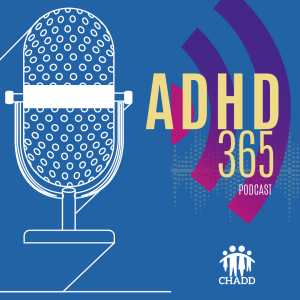
Podcast Transcript:
https://chadd.org/podcasts/health-disparities-barriers-to-adhd-diagnosis-and-treatment/
Summary:
What are the consequences of late diagnosis and treatment for ADHD in underserved and disenfranchised communities? Brandi Walker, PhD, shares her insights into what healthcare providers, parents, and educators can do to decrease health disparities in the United States.
Brandi Walker, PhD:
Major Brandi Walker is an active-duty officer in the Army’s Medical Services Corps, serving as a clinical psychologist at Fort Bragg, North Carolina. She is a recent graduate of Howard University's clinical psychology program, where she specialized in children, adolescents, and families. She obtained a master’s in rehabilitative counseling from the University of Maryland, College Park, and has held licensure as a graduate-level, licensed alcohol and drug counselor, and certified rehabilitation counselor. An advocate for research, Walker currently leads a nationwide community health study on ADHD and sleep in the pediatric population.
Learning Objectives:
1. Learn potential diagnosis and treatment barriers for different communities
2. Learn how barriers affect African-American, Latino-American, and immigrant communities
3. Understand how access to care impacts academic achievement, relationships, and quality of life
4. Learn common gaps for school-aged children with ADHD and how it follows into adulthood
5. Understand how parents, teachers, and medical personnel can collaborate
No comments yet. Be the first to say something!